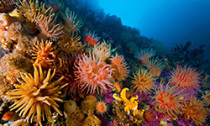
Climate change is impacting the world’s coral reefs, threatening the stability of both the oceanic eco-systems where they are found as well as nearby coasts. Now, a recent discovery by Israeli researchers may help pinpoint a way to help protect the massive underwater structures as waters grow warmer and more acidic in the years to come.
“We know the value of reefs, the massive calcium carbonate constructions that act as wave breakers, and protect against floods, erosion, hurricanes, and typhoons,” Yehuda Benayahu, the Israel Cohen Chair in Environmental Zoology at Tel Aviv University, said. “While alive, they provide habitats for thousands of living organisms, from sea urchins to clams, algae to fish. Reefs are also economically important in regions like Eilat or the Caribbean.”
The problem is, as the oceans absorb carbon dioxide emissions and become more acidic due to global warming, the calcium coral structures, composed mostly of stony coral, may eventually dissolve, putting the underwater habitat of many species at risk.
Yet the Israeli researchers have found that coral reefs may have a natural defense against acidification–soft coral.
Soft coral is not all that useful in forming coral reefs because it takes longer to calcify. It may, however, provide a protective armor that allows the reef to survive changing water conditions.
“We really wanted to know if something could survive dropping pH levels in the future,” TAU graduate student Yasmin Gabay explained. “I was curious as to whether coral tissue could protect the inner coral skeleton, which is of most use in terms of reef construction, so I conducted an experiment using live soft corals and soft coral skeletons, which were placed in tanks containing ocean water with manipulated pH levels.”
The result was even when subjected to higher and lower pH levels, the soft coral survived.
“We found that the soft coral’s tissue may indeed protect the skeleton from declining pH levels,” Gabay said. “The organism’s internal environment apparently has a mechanism that protects against the acidic conditions.”
Benayahu stressed that while his team’s research is a step in the right direction, it is still unknown how much soft coral can protect the reefs and what will happen if only soft coral manage to survive.
“A reef is like an orchestra. Many organisms interact to create harmony,” Benayahu pointed out, stressing the complexity of the problem facing the reefs in the coming years. “Thousands of species live together and create life together. It is hard to predict what will happen if only soft corals survive, because they simply do not calcify at same rate as stony corals.”


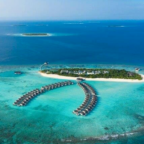
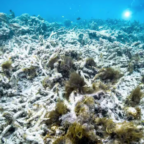
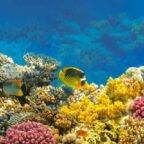
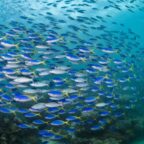

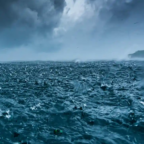
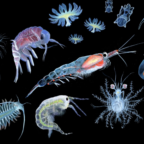
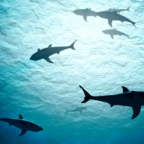
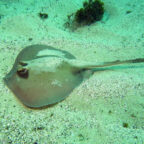

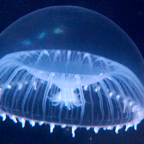


Social Profiles